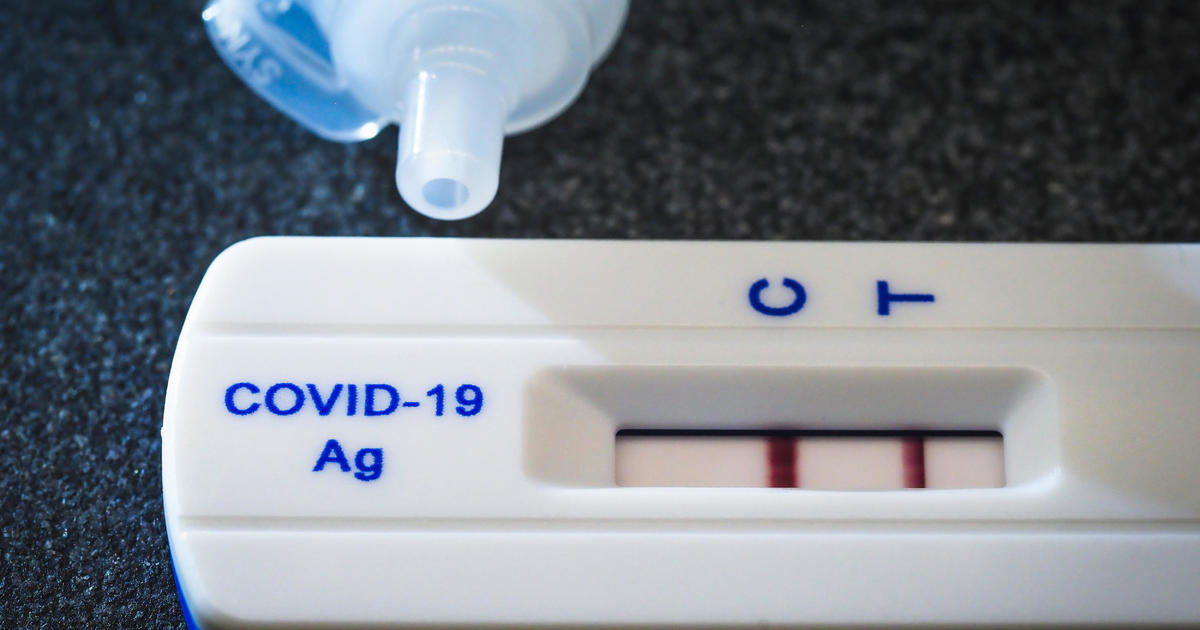After a weekend of Labor Day travel amid a surge in COVID-19 hospitalizations, many individuals are seeking information on where to obtain free COVID test kits in 2023, whether through mail or insurance.
While COVID-19 hospitalizations and deaths are currently lower than previous peaks seen during past waves of the virus, they have been steadily increasing for several weeks and are predicted to continue rising.
Health authorities are also monitoring the spread of three new COVID-19 variants across the country.
Is the government still sending free COVID tests in the mail?
Although the government program to mail free COVID tests to Americans has ended, there are still ways for both insured and uninsured individuals to access free testing.
If you still have tests from previous mailings, they may still be usable even if they have expired, but this depends on various factors.
The U.S. Food and Drug Administration (FDA) does not recommend using at-home COVID-19 tests beyond their authorized expiration dates. However, they state that these dates may be extended as additional stability data is collected, and they provide a list on their website.
You can check the Expiration Date column on the List of Authorized At-Home OTC COVID-19 Diagnostic Tests to see if your at-home test’s expiration date has been extended and find any new expiration date, according to the FDA.
Do pharmacies offer free COVID testing?
Another option for free testing is at designated testing sites. No-cost antigen and PCR tests are available to everyone at over 15,000 locations nationwide, including CVS, Walgreens, and other pharmacies and clinics.
Individuals can use the CDC’s testing locator website to find no-cost testing locations near them.
Some city and state health departments also operate their own COVID testing programs. For example, New York City has four locations for free rapid PCR testing in addition to testing available at public hospitals. There are also over 200 locations around the city where individuals can get free at-home tests, including libraries, recreation centers, and food pantries.
The Virginia Department of Health has a program that provides at-home test kits at libraries across the state. Community members can pick up these kits for free and test themselves for COVID-19 at home.
The CDC has a page listing all state and territorial health departments, which can provide information on testing options in each state.
Does insurance cover COVID testing?
Some private health insurance plans may reimburse the cost of purchasing at-home COVID tests. Walgreens, for example, offers an online form for placing pick-up orders and submitting insurance claims on behalf of the buyer. However, as of May 2023, many insurance plans no longer cover at-home COVID-19 tests, according to the pharmacy’s website.
It is advised to contact your insurance plan for details, as there may be cost-sharing and limits on the number of tests covered per person per month.
How long after exposure do you test positive for COVID?
In order to obtain the most accurate results and avoid wasting tests, it is important not to test too early if you do not have any symptoms.
If you do not have symptoms but have been exposed to COVID-19, the CDC recommends waiting at least 5 full days after exposure before taking a test.
If you have symptoms, however, it is recommended to test immediately.
How long are you contagious after testing positive for COVID?
The duration of isolation to prevent spreading the virus depends on the severity of your symptoms.
For asymptomatic to mild cases, the CDC recommends isolating for five days, not including the day you test positive or when symptoms first appeared. It is also recommended to wear a mask until Day 10.
Isolation can be discontinued at least 5 days after symptom onset if you no longer have a fever for 24 hours without taking fever-reducing medications and your other symptoms are improving. However, loss of taste and smell may persist for weeks or months.
For moderate to severe cases, isolation should be continued through at least Day 10, and those with severe COVID-19 may need to extend isolation for up to 20 days.
The guidelines may differ for immunocompromised individuals, who should isolate through at least Day 20 and consult with an infectious disease specialist before ending isolation.
-Alexander Tin contributed to this report.
Denial of responsibility! Vigour Times is an automatic aggregator of Global media. In each content, the hyperlink to the primary source is specified. All trademarks belong to their rightful owners, and all materials to their authors. For any complaint, please reach us at – [email protected]. We will take necessary action within 24 hours.


